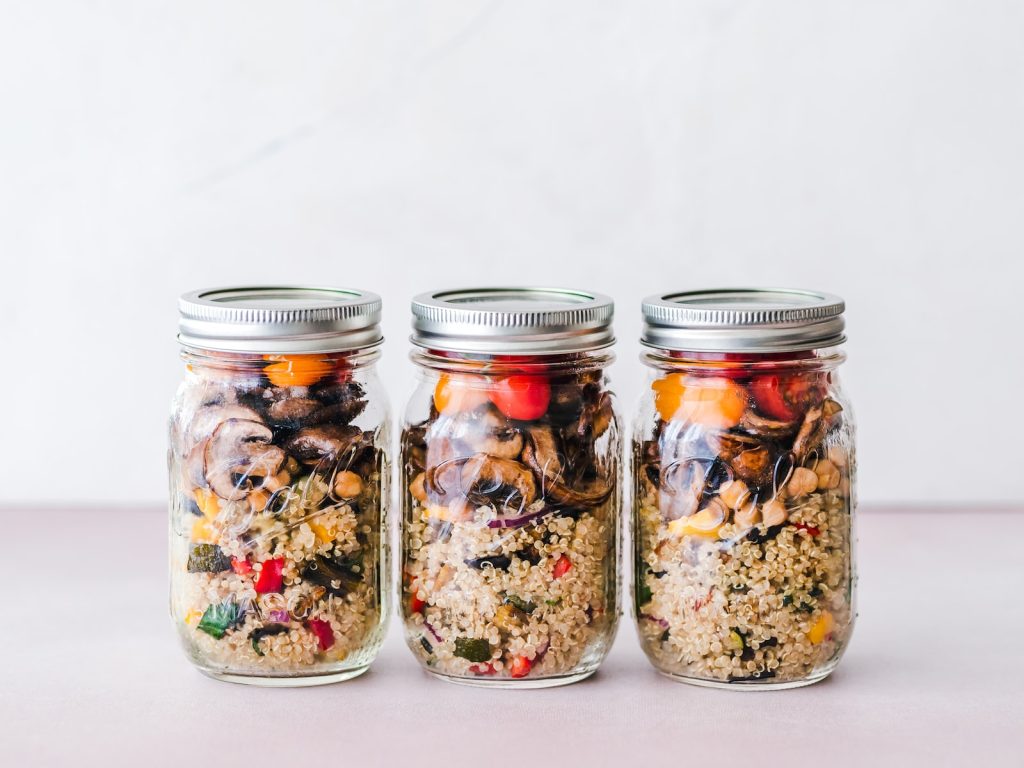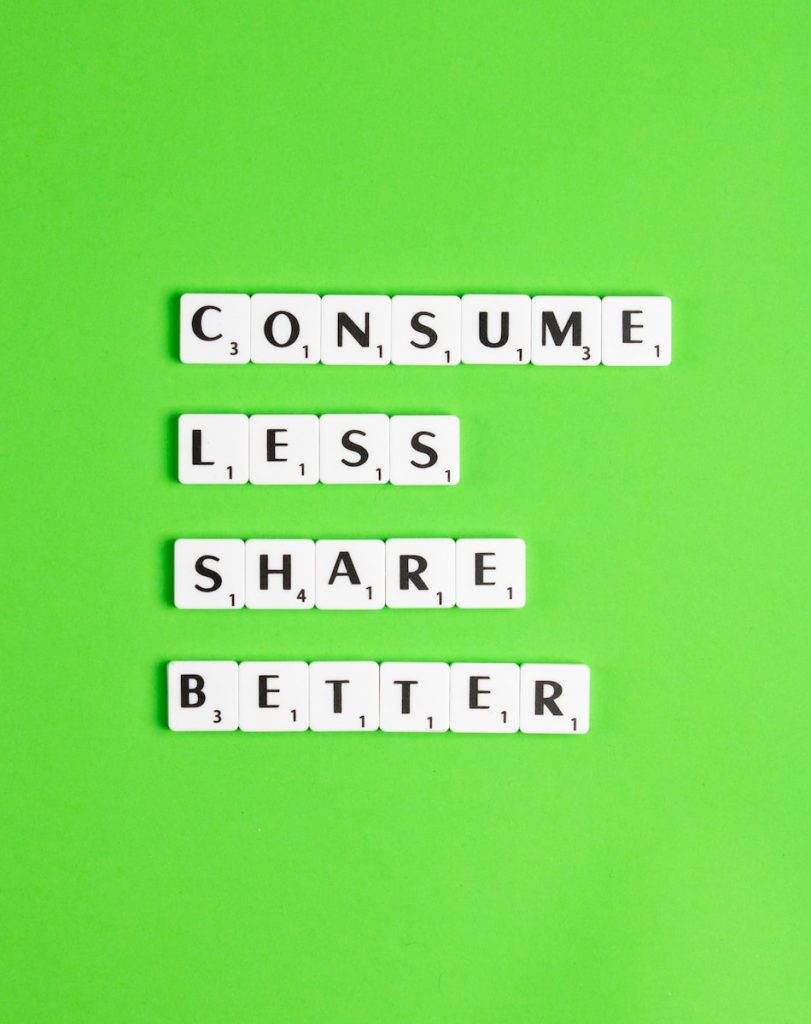14 Ways to Reduce Your Food Waste

Cutting food waste is easier than you think! Plan meals, store food correctly, freeze leftovers, and get creative with scraps. Compost what you can’t eat and shop mindfully. By reducing waste, you save money, conserve resources, and help fight climate change—one meal at a time!
What Should You Do with Your Old Electronics?

Don’t toss old electronics—repair, donate, sell, or recycle them responsibly! Many retailers and e-waste programs accept outdated gadgets, preventing toxic landfill waste. Upcycling parts, reselling devices, or donating to charities helps extend their life while reducing environmental impact. Smart disposal makes a big difference!
How to Prevent Water Pollution?

Water pollution is caused by plastic waste, chemicals & overproduction. Water pollution is a problem for humans, animals and plants. Everyone can help: Use ecological detergents, consume less microplastics, reduce waste & save water.
What is Circular Economy?

The circular economy minimises waste by recycling, repairing and reusing products. Instead of wasting resources on short-lived products, it promotes durable design and environmentally friendly materials. Second-hand, upcycling and sustainable production make it an alternative to the throwaway society.
Why Do We Buy Things We Do not Really Need?

Why is it that we constantly want more stuff? Why is it so hard to just reduce consumption? Psychological science provides some possible answers.
Benefits of Buying Second-Hand

Every little thing that we buy, use, or throw away leaves a mark on the planet. Whether big or small, the effect on the environment cannot be ignored. This is where buying second-hand becomes a part of the solution to help save the planet. Shopping second-hand has a lower impact as we are reusing things […]
Why Is Fast Fashion Problematic?

Fast fashion promotes overproduction, poor working conditions and immense environmental pollution. Cheaply produced clothing encourages frequent new purchases and quickly ends up in the rubbish bin. Through more conscious consumption, second-hand purchases and fair fashion alternatives, we can reduce our ecological footprint. Choosing quality over quantity not only saves money, but also protects people and the environment.
13 Tips to Make Your Home More Sustainable

Nowadays, we are all increasingly aware of the need to think green. However, there are many different ways that can help us make our homes more environmentally friendly and promote a more sustainable lifestyle. In this article, you will learn how to make your home more environmentally friendly.
Why You Need a Personal Sustainability Plan

A personal sustainability plan helps you to make conscious decisions and reduce your own ecological footprint. Clear goals, e.g. less plastic, a sustainable diet or second-hand purchases, make it easier to act in an environmentally friendly way. Small, consistent changes in everyday life lead to a positive impact on our planet in the long term.
How To Shop More Sustainably?

Sustainable shopping means buying less, but better. Opt for fair fashion, second-hand, durable products and plastic-free packaging. Every sustainable purchase reduces resource consumption and waste – for a more environmentally friendly future.

